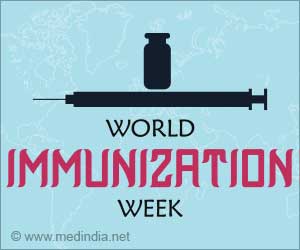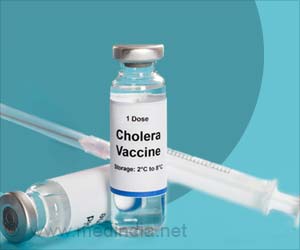Data from the extension of a Phase II study to 12 months confirm the significant effects of FTY720, a novel oral medication, for the treatment of patients with relapsing multiple sclerosis (MS).
The data, presented at the ECTRIMS/ACTRIMS meeting in Thessalonica, Greece, showed that both patient groups taking FTY720 (1.25 mg and 5 mg) who had experienced a reduction in their annualized relapse rate of more than 50% during the first six months of the study compared to placebo maintained this low relapse rate during the subsequent six-month extension.In patients who switched from placebo to either the 1.25 mg or 5 mg dosing of FTY720 after six months, the annualized relapse rate was reduced by at least 70% during the second six-month study phase compared to the first six months on placebo.
More than 80% of patients who received FTY720 for up to 12 months were free from lesions showing active inflammation on magnetic resonance imaging (MRI) at month twelve irrespective of their FTY720 treatment dose (1.25 mg or 5 mg).
"We are excited by these full-year study results confirming the significant effect of oral FTY720 on reducing both clinical relapses and inflammatory disease activity that we first saw during the six-month placebo-controlled phase of the study," said chief investigator Professor Ludwig Kappos, MD, Department of Neurology at the University Hospital in Basel, Switzerland, "We hope that the magnitude of benefits shown in Phase II will be confirmed in the larger scale Phase III study program expected to be launched soon." Based on the positive Phase II study results, Novartis is in discussions with regulatory authorities about the FTY720 Phase III program, which is expected to be launched by the end of 2005.
Over two million people worldwide are estimated to suffer from multiple sclerosis, which is the leading cause of neurological disability in young adults. MS is the most common chronic, disabling disease of the central nervous system affecting twice as many women than men.3 MS has a significant impact on the patient's social activities, employment and overall quality of life. Currently marketed MS therapies afford an average reduction in relapse rates of 30% in two-year studies and require frequent injections ranging from daily to weekly.
FTY720 Phase II study results
Advertisement
In the 12-month analysis, both patient groups on FTY720 (1.25 mg and 5 mg) who had experienced a reduction in their annualized relapse rate of more than 50% during the first six months compared to placebo maintained this low relapse rate during the subsequent six-month extension. In those patients who switched from placebo to either 1.25 mg or 5 mg of FTY720 after six months, the annualized relapse rate was reduced by at least 70% during the second six-month study phase compared to the first six months on placebo.
Advertisement
FTY720 appeared to be well tolerated, with 91% of patients who entered the extension phase completing the 12th month on the study drug. There were no unexpected safety findings during the extension as compared to the six-month placebo-controlled phase. The most frequently reported adverse events in patients treated up to twelve months were non-serious infections (colds, influenza), headache, diarrhoea and nausea.
About FTY720
Oral FTY720 has a novel mode of action different from all available therapies. It reversibly sequesters lymphocytes away from blood and susceptible target organs such as the central nervous system (CNS), thereby reducing neuroinflammation in MS. FTY720 has been developed by Novartis Pharma and licensed from Mitsubishi Pharma Corporation.
About Multiple Sclerosis
MS is the most common inflammatory and neurodegenerative disorder of the central nervous system, including the brain, spinal cord and optic nerves. MS typically presents itself in relapsing forms. The relapsing-remitting (RRMS) course is the most common form of the disease. Patients suffer acute self-limiting attacks (relapses) of neurological dysfunction followed by complete or incomplete remission in function. Over time, transmission of electrical nerve impulses is disrupted, nerve cells are destroyed, and patients experience symptoms ranging from fatigue, tingling, numbness and blurred vision to poor muscle control with partial or complete paralysis, speech or mental impairment. About 50% of patients advance to the secondary progressive (SPMS) course within 10 years.
Source: Eureka






